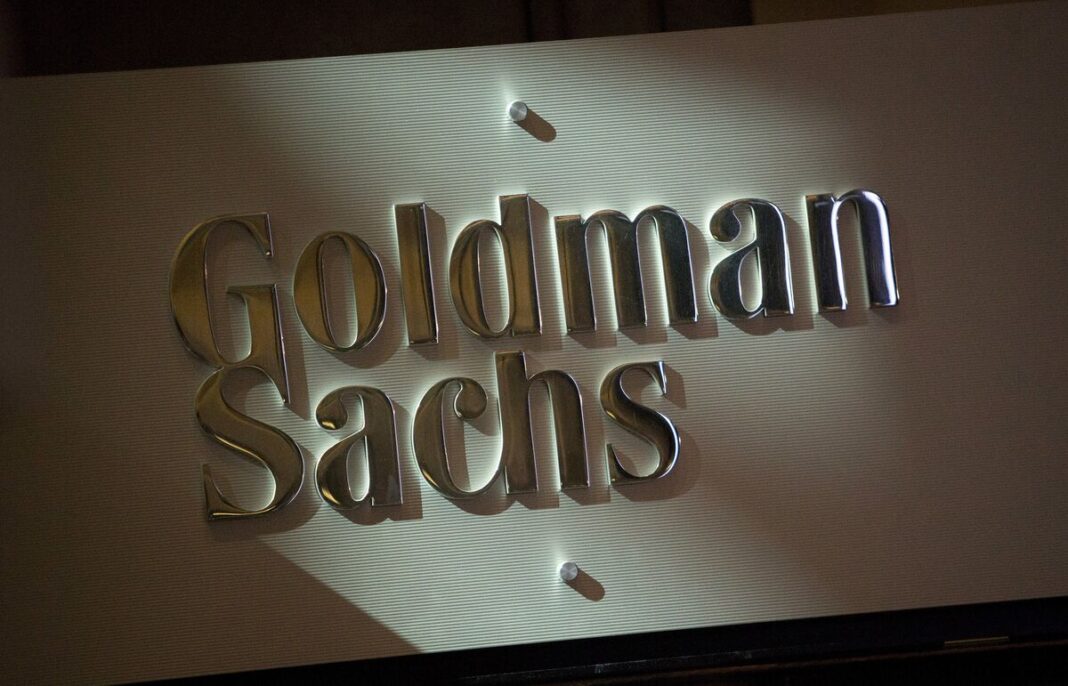David Solomon’s Optimistic Outlook on the U.S. Economy
In recent discussions regarding the future of the U.S. economy, David Solomon, the CEO of Goldman Sachs Group Inc., shared his projections that the economy is set to accelerate into 2026. This optimistic stance comes amid a backdrop of ongoing economic challenges but is buoyed by several key factors that Solomon believes will drive growth.
The Role of Economic Stimulus
One of the primary contributors to Solomon’s optimistic outlook is the continued economic stimulus from the government. Over recent years, various relief packages have injected significant capital into the economy, helping businesses and consumers weather turbulent times. Solomon argues that as this stimulus continues, it serves as a vital tailwind that can foster economic growth, despite other pressures such as tariffs and inflation.
Technology Sector as a Catalyst
Another major factor behind Solomon’s confidence comes from the robust spending in the technology sector. As businesses increasingly invest in digital transformation to stay competitive, this area is expected to fuel job creation and innovation. Solomon notes that companies are prioritizing technology not just as a means to streamline operations but also as a foundation for future growth. This sustained investment in tech is likely to keep the momentum going in the economy, setting the stage for expansion.
Impact of Tariffs and Labor Market Conditions
While Solomon acknowledges that tariffs and a slowing job market present significant challenges, he reassures that the U.S. economy remains in “pretty good shape.” The effects of tariffs have created uncertainty, particularly for industries heavily reliant on international trade. Despite these challenges, Solomon believes that adaptability and innovation within the U.S. business landscape will mitigate some adverse impacts.
Insights from Financial Experts
Bloomberg’s Sridhar Natarajan has taken a deep dive into Solomon’s insights, joining Carol Massar and Tim Stenovec on ‘Bloomberg Businessweek Daily’ to explore these themes further. Their discussions emphasize a balanced perspective, weighing Solomon’s optimism against the realities presented by current economic indicators.
The Enigmatic Figure of Rob Granieri
In tandem with Solomon’s predictions, the conversation also touched on the intriguing figure of Rob Granieri, co-founder of Jane Street. Granieri is known for maintaining a relatively low profile in the financial world, which only adds to his mystique. His approach to investing and business aligns with the innovative spirit that Solomon champions, suggesting that a blend of traditional and cutting-edge strategies could define the next phase of economic growth.
A Future Built on Adaptation
As the discussion unfolds, it becomes clear that while challenges like tariffs and labor market slowdowns are significant, they are not insurmountable. The key may lie in how businesses adapt to this evolving landscape. With continued investment in technology and a supportive fiscal environment, Solomon believes that a vibrant economic landscape is not just possible but likely.
Through these perspectives, Solomon and Granieri embody the dynamic interplay between optimism and realism in today’s economic discourse. Their insights provide a roadmap for navigating the complexities ahead, as both leaders and participants in the marketplace strive for growth against a backdrop of uncertainty.
In summary, David Solomon’s outlook encapsulates a blend of hope rooted in tangible stimuli, while the enigmatic Rob Granieri represents an innovative approach that resonates with the evolving economic climate. Together, these insights give a nuanced view of the trajectory of the U.S. economy as it heads into the next few years.



